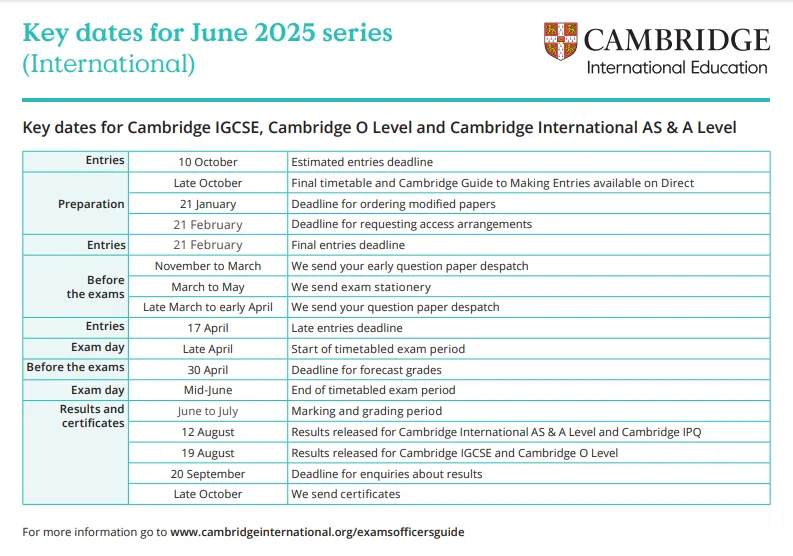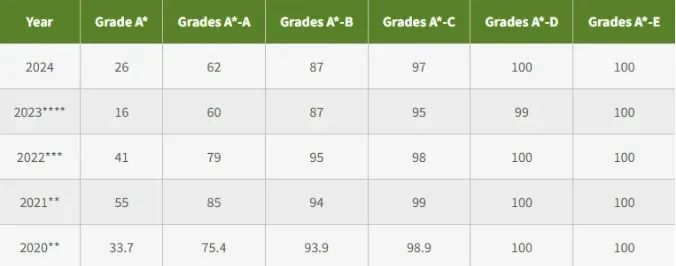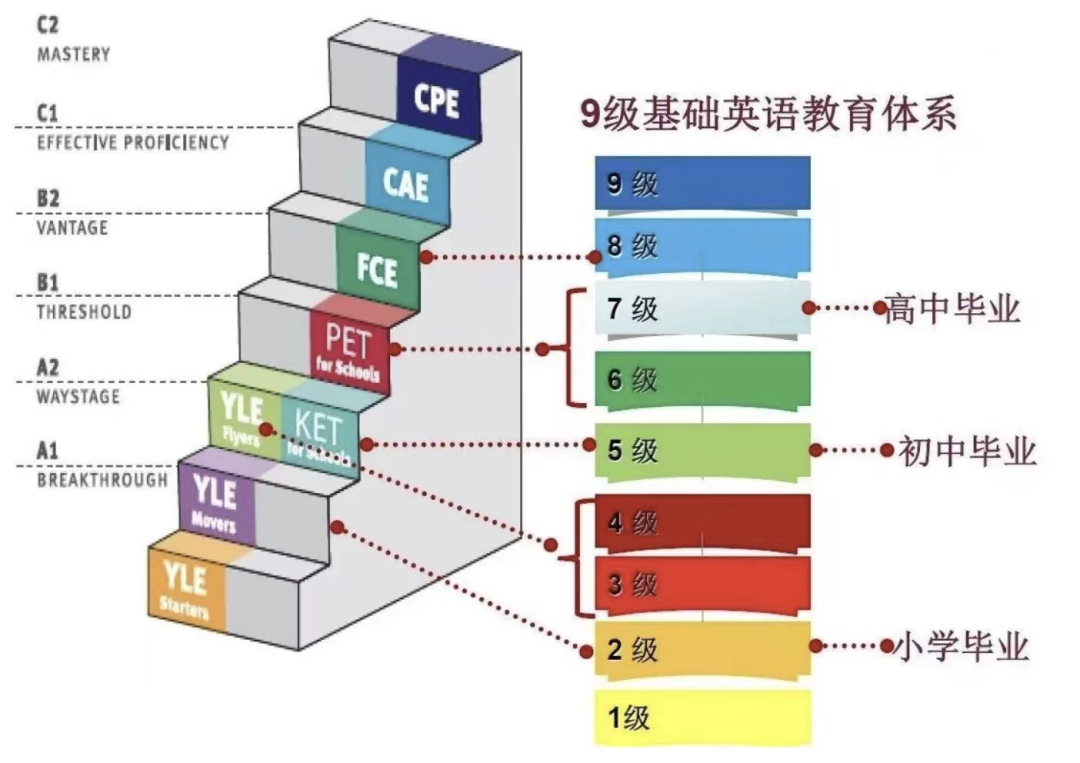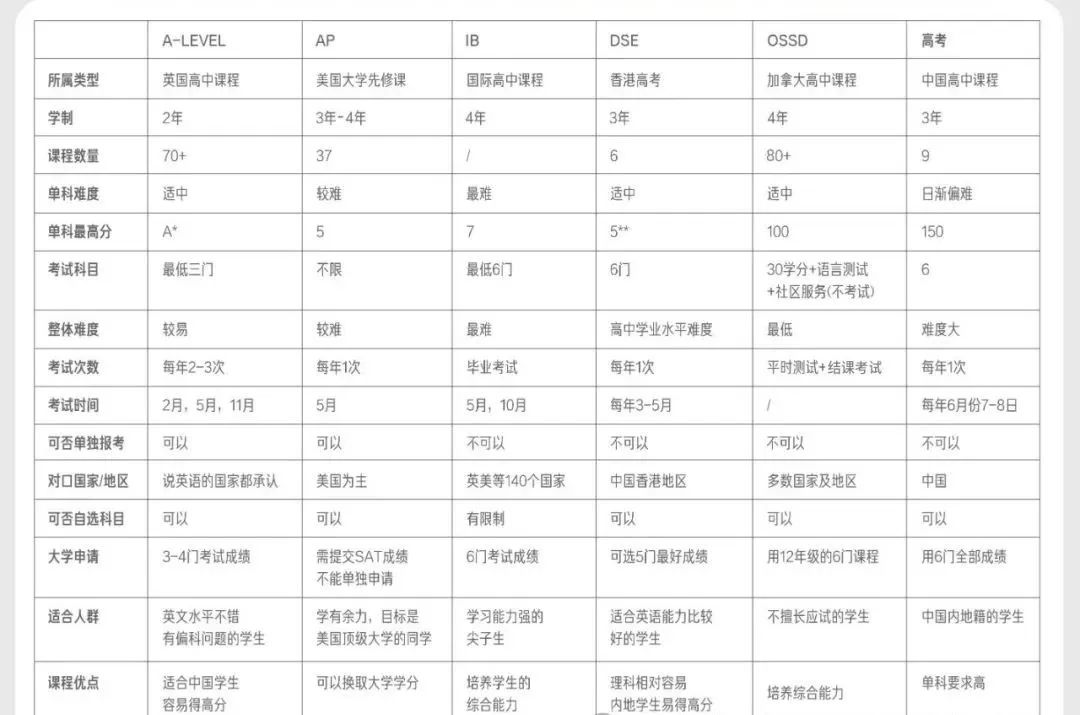中文赛题:资源可用性和性别比例
虽然一些动物物种存在于常见的雄性或雌性之外,但大多数物种要么是雄性要么是雌性。尽管许多物种在出生时表现出1:1的性别比例,其他物种则偏离了均等的性别比例。这被称为适应性性别比例变化。例如,孵化美国短吻鳄蛋的巢穴温度会影响出生时的性别比例。
七鳃鳗的角色复杂。在一些湖泊栖息地,它们被视为对生态系统有重大影响的寄生物,而在世界的一些地区,如斯堪的纳维亚、波罗的海地区以及北美太平洋西北部的一些土著民族中,七鳃鳗也是食物来源。
海洋七鳃鳗的性别比例可以根据外部环境变化。海洋七鳃鳗在幼虫阶段的生长速度快慢决定了它们成为雄性还是雌性。这些幼虫的生长速度受到食物可用性的影响。在食物可用性低的环境中,生长速率会降低,雄性的比例可达到大约78%。在食物更容易获得的环境中,观察到雄性的比例大约为56%。
我们关注的问题是性别比例及其依赖于局部条件的问题,特别是对于海洋七鳃鳗。海洋七鳃鳗生活在湖泊或海洋栖息地,并迁移到河流产卵。任务是检查一个物种根据资源可用性改变其性别比例的能力的优势和劣势。你的团队应该开发并检查一个模型,以提供对生态系统中结果交互的见解。
要检查的问题包括以下内容:
- 当七鳃鳗的种群可以改变其性别比例时,对更大的生态系统有什么影响?
- 对七鳃鳗种群有什么优势和劣势?
- 鉴于七鳃鳗的性别比例变化,对生态系统的稳定性有什么影响?
- 在七鳃鳗种群中有变化的性别比例的生态系统是否能为生态系统中的其他成员,如寄生物,提供优势?
你的PDF解决方案不得超过总共25页,应包括:
- 一页摘要。
- 目录。
- 你的完整解决方案。
- 参考文献列表。
- AI使用报告(如果使用不计入25页限制内)。
注意:对于完整的MCM提交没有具体要求的最小页数。你可以使用最多25页来展示你的解决方案工作和任何你想包含的额外信息(例如:绘图、图表、计算、表格)。接受部分解决方案。我们允许谨慎使用AI,如ChatGPT,尽管不必须通过AI创建解决方案。如果你选择使用生成式AI,你必须遵循COMAP的AI使用政策。这将导致你必须在PDF解决方案文件的末尾添加一个额外的AI使用报告,且不计入你的解决方案的总页数25页。
术语表
七鳃鳗:七鳃鳗(有时不准确地称为七鳃鳗鳗)是一种古老的无颌鱼类,属于七鳃鳗目。成年七鳃鳗的特点是有齿的、漏斗状的吸口。七鳃鳗主要生活在沿海和淡水中,且在大多数温带地区都能找到。
Problem A: Resource Availability and Sex Ratios
While some animal species exist outside of the usual male or female sexes, most species are substantially either male or female. Although many species exhibit a 1:1 sex ratio at birth, other species deviate from an even sex ratio. This is called adaptive sex ratio variation. For example, the temperature of the nest incubating eggs of the American alligator influences the sex ratios at birth.
The role oflampreysis complex. In some lake habitats, they are seen as parasites with a significant impact on the ecosystem, whereas lampreys are also a food source in some regions of the world, such as Scandinavia, the Baltics, and for some Indigenous peoples of the Pacific Northwest in North America.
The sex ratio of sea lampreys can vary based on external circumstances. Sea lampreys become male or female depending on how quickly they grow during the larval stage. These larval growth rates are influenced by the availability of food. In environments where food availability is low, growth rates will be lower, and the percentage of males can reach approximately 78% of the population. In environments where food is more readily available, the percentage of males has been observed to be approximately 56% of the population.
We focus on the question of sex ratios and their dependence on local conditions, specifically for sea lampreys. Sea lampreys live in lake or sea habitats and migrate up rivers to spawn. The task is to examine the advantages and disadvantages of the ability for a species to alter its sex ratio depending on resource availability. Your team should develop and examine a model to provide insights into the resulting interactions in an ecosystem.
Questions to examine include the following:
- What is the impact on the larger ecological system when the population of lampreys can alter its sex ratio?
- What are the advantages and disadvantages to the population of lampreys?
- What is the impact on the stability of the ecosystem given the changes in the sex ratios of lampreys?
- Can an ecosystem with variable sex ratios in the lamprey population offer advantages to others in the ecosystem, such as parasites?
Your PDF solution of no more than 25 total pages should include:
- One-page Summary Sheet.
- Table of Contents.
- Your complete solution.
- References list.
- AI Use Report (If used does not count toward the 25-page limit.)
Note: There is no specific required minimum page length for a complete MCM submission. You may use up to 25 total pages for all your solution work and any additional information you want to include (for example: drawings, diagrams, calculations, tables). Partial solutions are accepted. We permit the careful use of AI such as ChatGPT, although it is not necessary to create a solution to this problem. If you choose to utilize a generative AI, you must follow the COMAP AI use policy. This will result in an additional AI use report that you must add to the end of your PDF solution file and does not count toward the 25 total page limit for your solution.
Glossary
Lampreys: Lampreys (sometimes inaccurately calledlamprey eels) are an ancient lineage of jawless fish of the orderPetromyzontiformes. The adult lamprey is characterized by a toothed, funnel-like sucking mouth. Lampreys live mostly in coastal and fresh waters and are found in most temperate regions.












